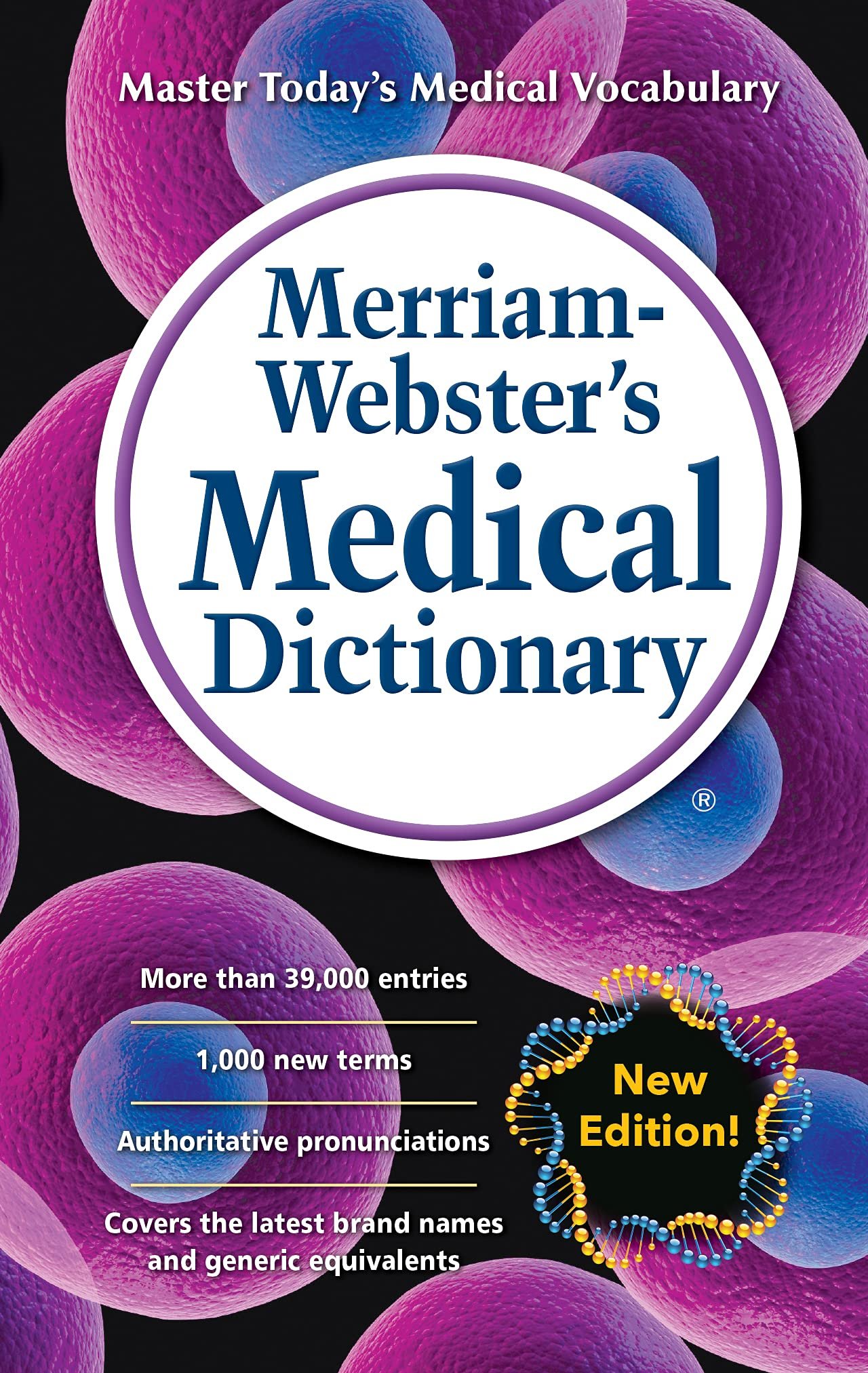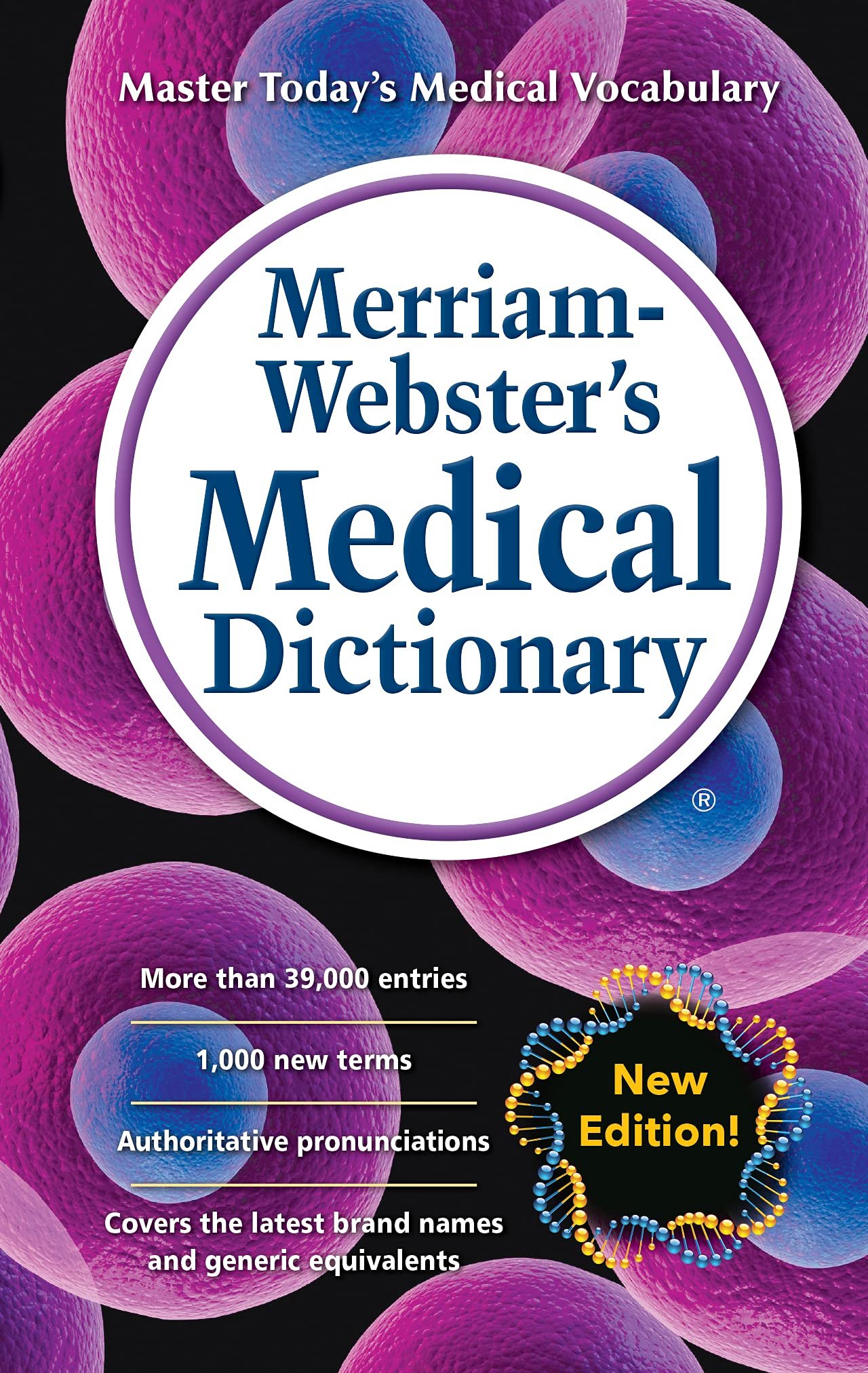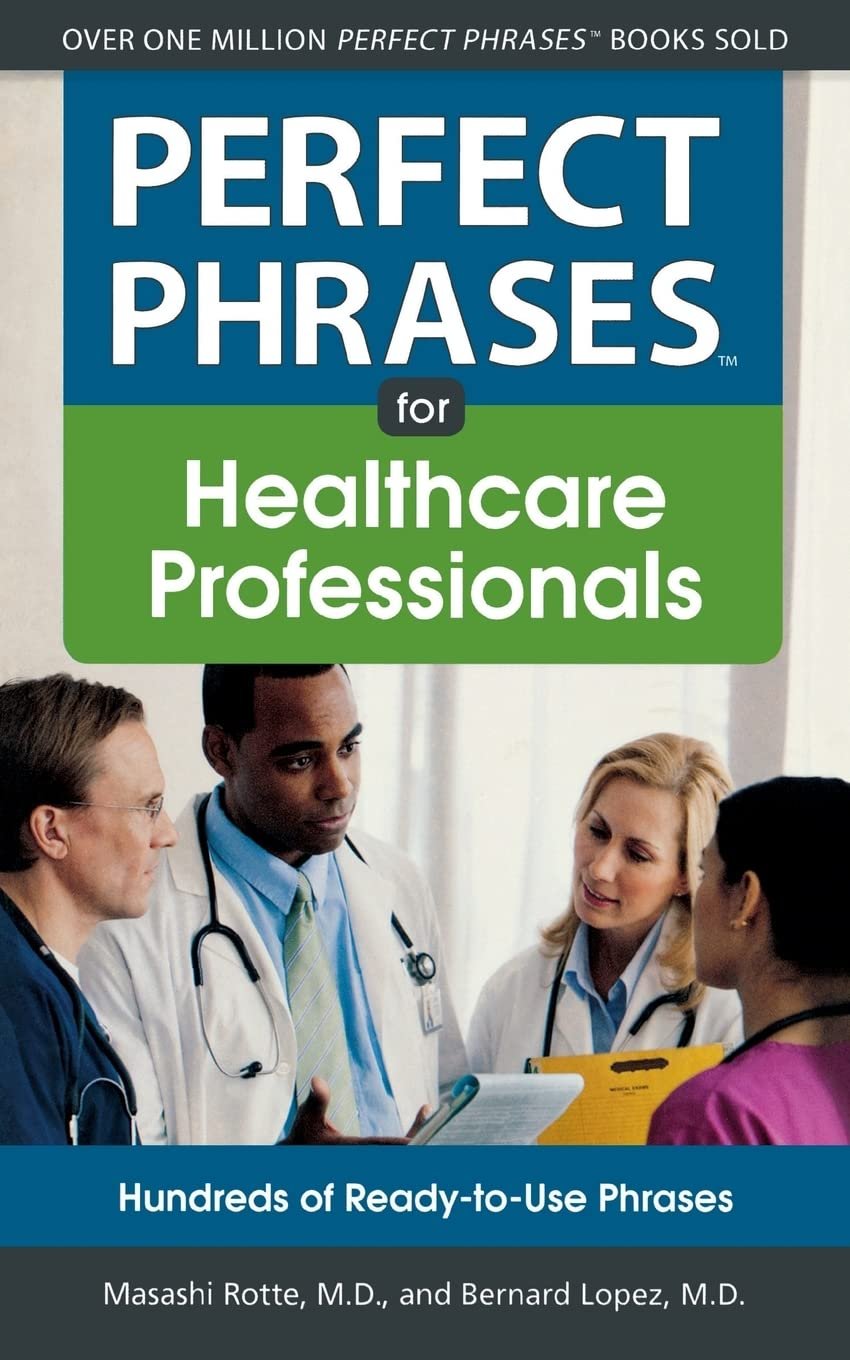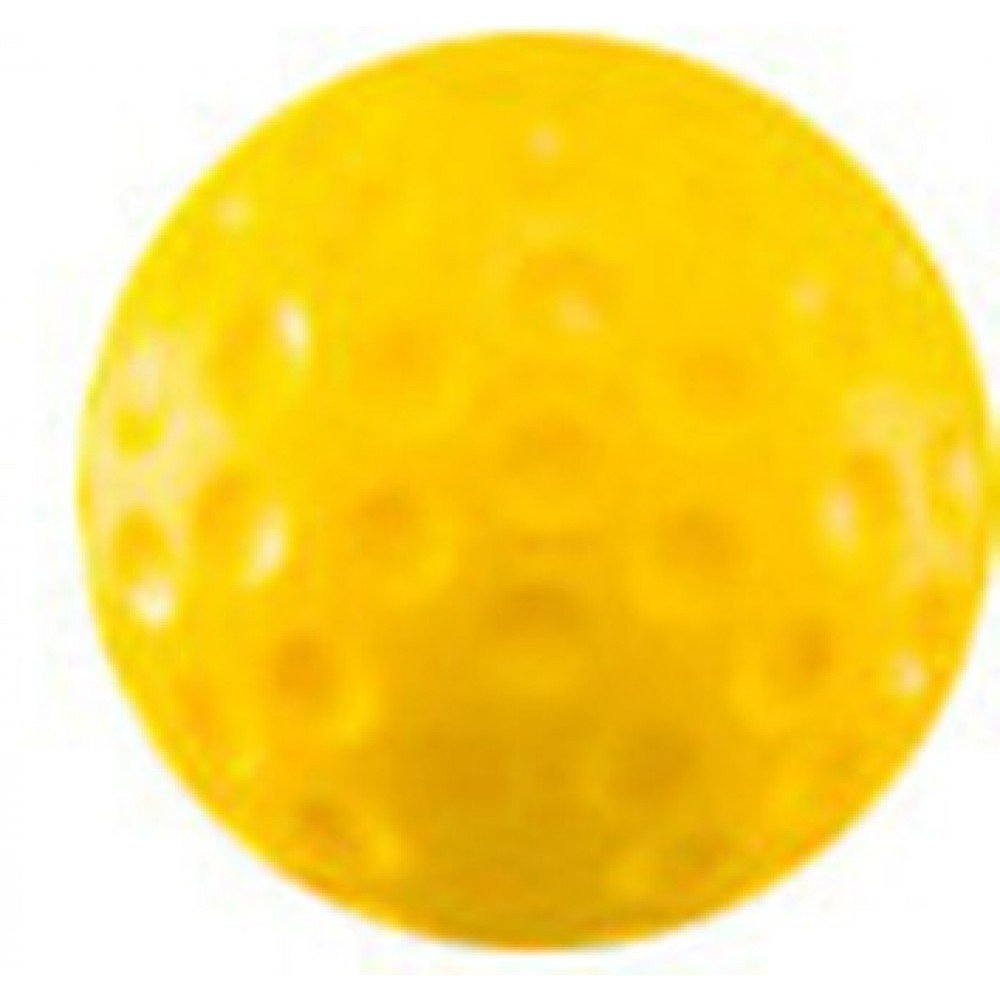Medical dictionaries play a crucial role in healthcare communication.
They help doctors, nurses, and other healthcare professionals understand complex medical terms.
This understanding is important when discussing diagnoses, treatments, and patient care.
Having a good dictionary at hand can make a big difference in your work.
For healthcare professionals, finding the right medical dictionary can be a bit tricky.
Each one varies in size, scope, and focus.
Some may emphasize specific areas like anatomy or pharmacology, while others cover a broader range of terms.
You’ll want to think about how often you’ll use the dictionary and what topics are most relevant to your daily tasks.
When choosing a medical dictionary, consider factors such as ease of use, the comprehensiveness of definitions, and whether it includes examples or illustrations.
A well-structured dictionary can significantly enhance your understanding and communication.
With so many options available, you might feel overwhelmed.
This guide will walk you through eight medical English dictionaries that can improve your healthcare communication skills.
Best Medical English Dictionaries
If you’re looking to improve your healthcare communication, having the right medical English dictionary can make a big difference.
Check out our list of the best options that will help you understand terms and concepts easily.
These dictionaries are great tools for anyone in the medical field or those studying healthcare.
Merriam-Webster’s Medical Dictionary
This dictionary is a solid choice for anyone looking for a reliable medical resource.
- Clear and reliable pronunciations included.
- Portable size makes it easy to carry for quick reference.
- Offers in-depth coverage, useful for various medical fields.
- Not available in hardback, which might affect durability.
- Some users noted cover quality issues.
- Print size could be larger for easier reading.
This edition of Merriam-Webster’s Medical Dictionary is user-friendly and compact.
You can easily slip it into your bag.
It has a wealth of information, ideal for both students and professionals in medicine.
The dictionary covers terms across anatomy, pharmacology, and more, making it a versatile tool.
When you need quick definitions or pronunciations, this dictionary delivers.
The clear layout helps you find information fast.
While some have mentioned the cover quality, the content remains top-notch.
It’s a valuable resource, especially for those preparing for medical exams.
Though the print size could be improved, the overall quality and breadth of content make it a strong option.
If you’re in the healthcare field or studying, this dictionary is worth considering.
It keeps you updated on medical terms and their usage.
Perfect Phrases for Healthcare Professionals
If you’re looking for a handy guide that helps you communicate better in healthcare situations, this book might be a good choice.
- Offers practical phrases for various medical situations.
- Easy to read and understand, good for quick reference.
- Helpful for both new and experienced healthcare professionals.
- May not cover every possible situation you will face.
- A few users found some phrases lacking depth.
- Some sections might not apply to all healthcare settings.
This book stands out with its straightforward approach to communication in healthcare.
It provides you with ready-to-use phrases that can ease tough conversations, like delivering bad news.
Many find it especially useful for those moments when clarity is essential.
Many healthcare professionals have shared that they benefit from the book’s practical advice.
It can serve as a quick reference to navigate complex interactions with patients and families.
For new interns and residents, this guide can be a helpful companion during those challenging early days.
Though it has many advantages, some users felt a little less satisfied with the depth of certain phrases.
This means you might still need to rely on your judgment in unique clinical situations.
Despite that, the easy readability makes it a valuable tool for anyone in the healthcare field.
Spanish for Gringos Level 1
This book can help you get started with Spanish in a fun and practical way.
- Useful vocabulary geared toward adult learners
- Includes CDs for listening practice
- Great for casual conversation and everyday situations
- Not suitable for in-depth language study
- Some users report minor errors in the book
- Packaging issues during shipping reported by some buyers
If you’re looking to learn some basic Spanish, this book is a good choice.
It focuses on everyday phrases and expressions that you’ll likely use most.
The inclusion of CDs makes it easy to practice pronunciation while you’re on the go.
This is perfect for busy schedules.
Many people find this book enjoyable and effective.
The vocabulary lists are helpful and cater to adult learners.
You can quickly pick up what you need for conversations without getting bogged down by grammar rules.
There are a few drawbacks to keep in mind.
Some readers mention minor issues with the content and suggest it’s not detailed enough for academic study.
Additionally, a few customers experienced problems with how the book was packaged during delivery.
Despite these concerns, it’s a practical tool if you want to brush up on your Spanish skills.
Buying Guide
Choosing the right medical English dictionary can really help with communication in healthcare.
Here are some important aspects to consider when making your choice.
Key Features to Look For
- Content Quality: Look for dictionaries with accurate, up-to-date medical terms.
- Ease of Use: A user-friendly layout helps you find what you need quickly.
- Additional Resources: Some dictionaries offer example sentences or usage notes.
- Mobile Access: Check if it has a digital version for on-the-go reference.
Other Considerations
| Feature | Importance |
|---|---|
| Comprehensive Terms | Helps cover a wide range of topics |
| Search Functionality | Aids in quickly finding terms |
| Audio Pronunciation | Useful for correct pronunciation |
| Illustrations | Clarifies complex concepts |
| Language Support | Helpful if dealing with non-English terms |
Budget
Prices can vary.
Set a budget that fits your needs.
More expensive options may offer extra features.
Reviews
Read user reviews to get real feedback.
This will help you understand which dictionaries are user-friendly and effective.
Frequently Asked Questions
Here are some common questions about medical dictionaries.
These will help you understand their importance and how to choose the right one for your needs.
What medical dictionary is best for understanding common medical terms?
For better understanding, you might want to check out the Merriam-Webster’s Medical Dictionary.
It provides clear definitions and is easy to use.
Another good choice is the Taber’s Cyclopedic Medical Dictionary, known for its thorough explanations and wide range of terms.
Why should healthcare professionals have access to a medical dictionary?
Healthcare professionals need a medical dictionary to ensure accurate communication.
It helps avoid misunderstandings with patients or colleagues.
Having a reliable source of terms can also assist in staying updated with medical language changes.
Can I find a reliable medical dictionary online for free?
Yes, there are free online resources available.
Websites like MedlinePlus and WebMD offer medical dictionaries without any costs.
Just be sure to check if they are credible sources to get accurate information.
What’s a good medical dictionary for clear patient communication?
The Stedman’s Medical Dictionary is great for clear patient communication.
It simplifies complex terms and provides helpful explanations.
This can make it easier for you to talk with patients about their health.
How can plain language thesauruses improve health literacy?
Plain language thesauruses can help simplify medical jargon.
By offering easy-to-understand synonyms, they make information more accessible.
This can empower patients to comprehend their health better.
Which medical dictionary do students typically use in med school?
Medical students often use Netter’s Essential Histology or Dorland’s Illustrated Medical Dictionary.
Both provide detailed information and illustrations, which can be very useful during studies.
They help students grasp complex concepts in a more relatable way.




